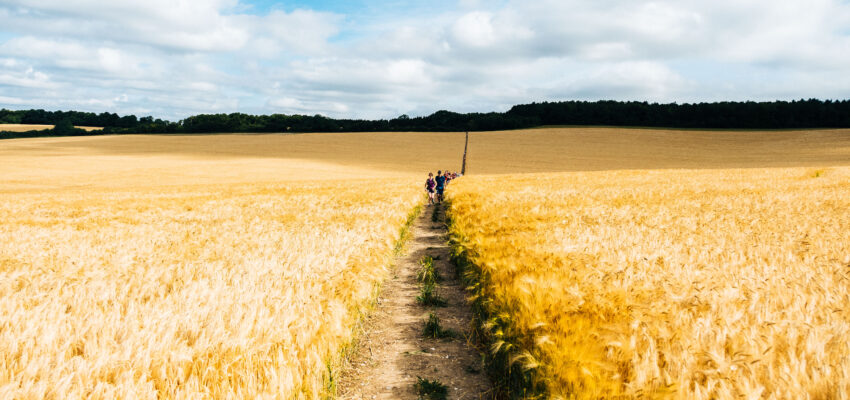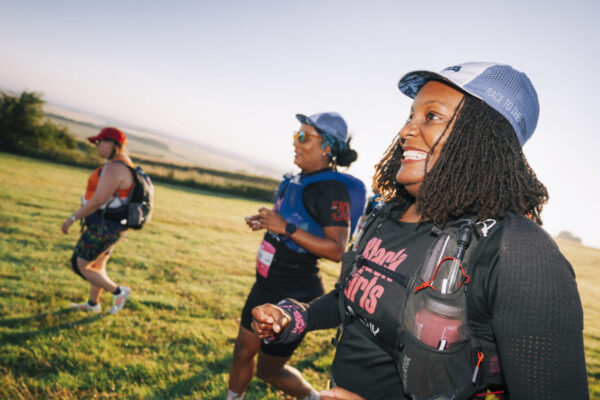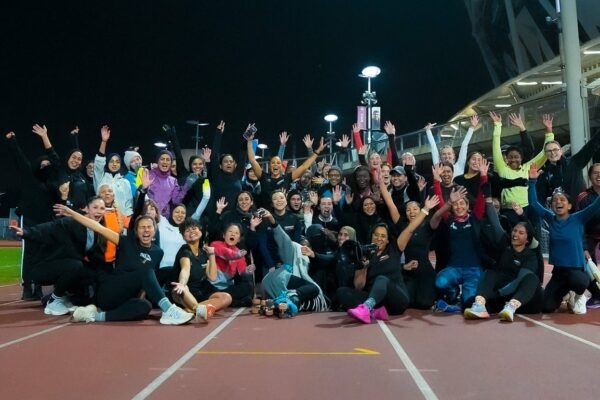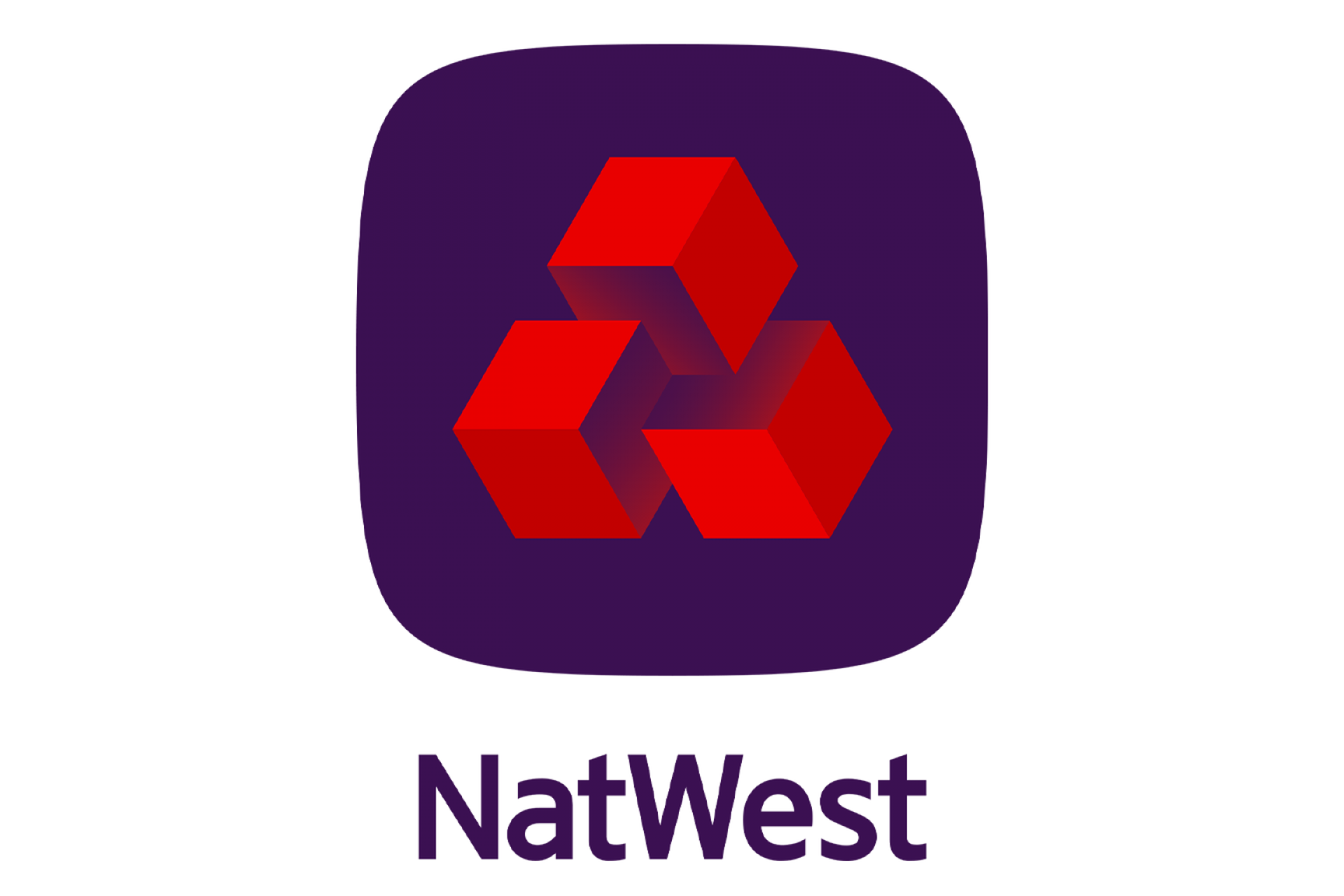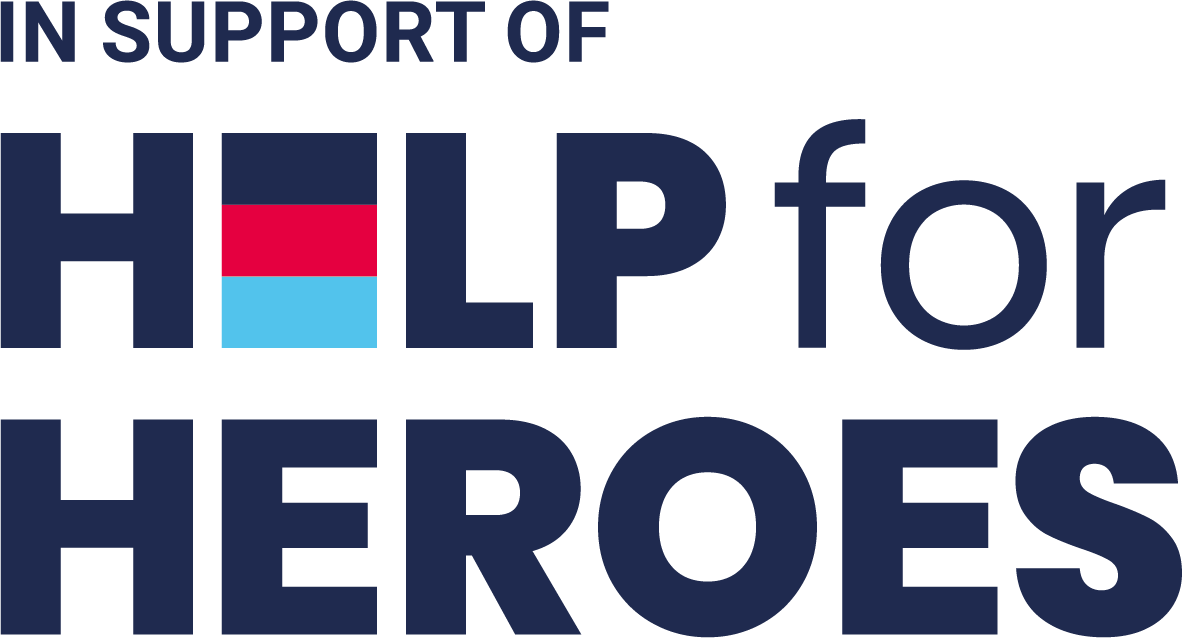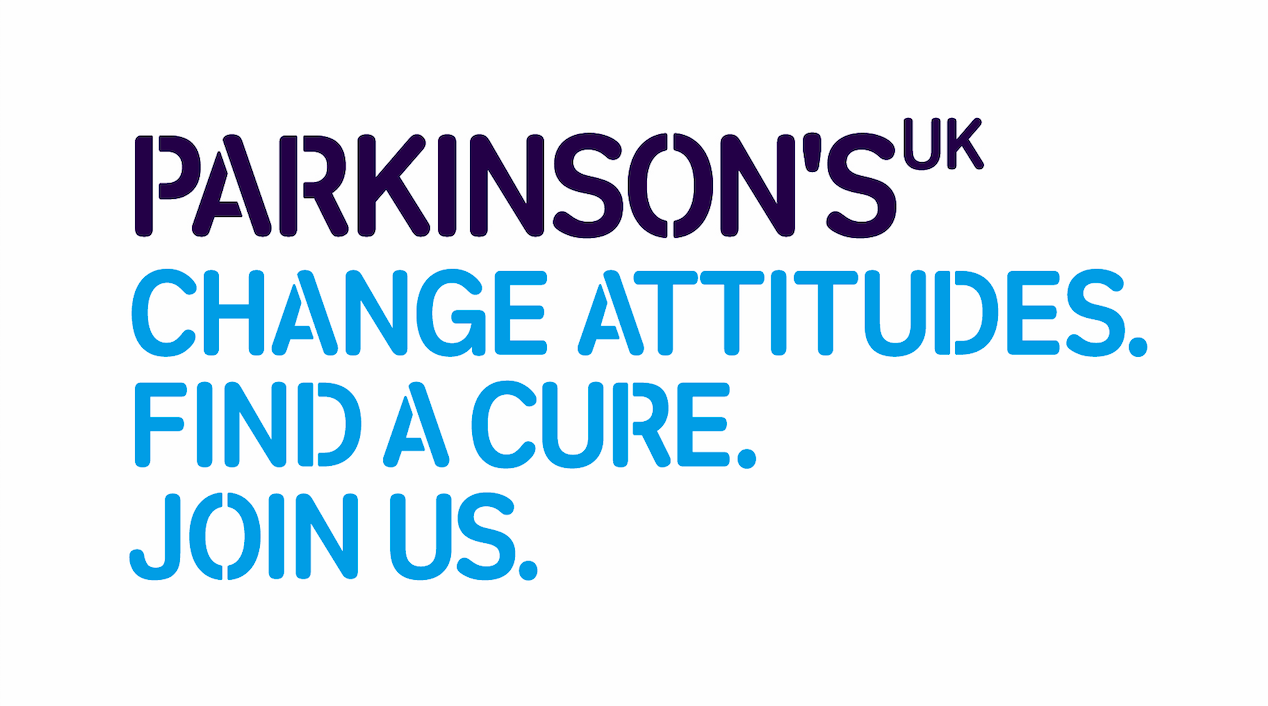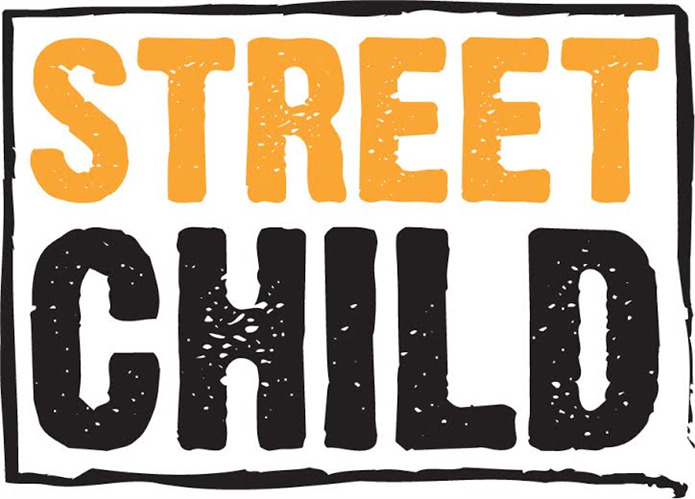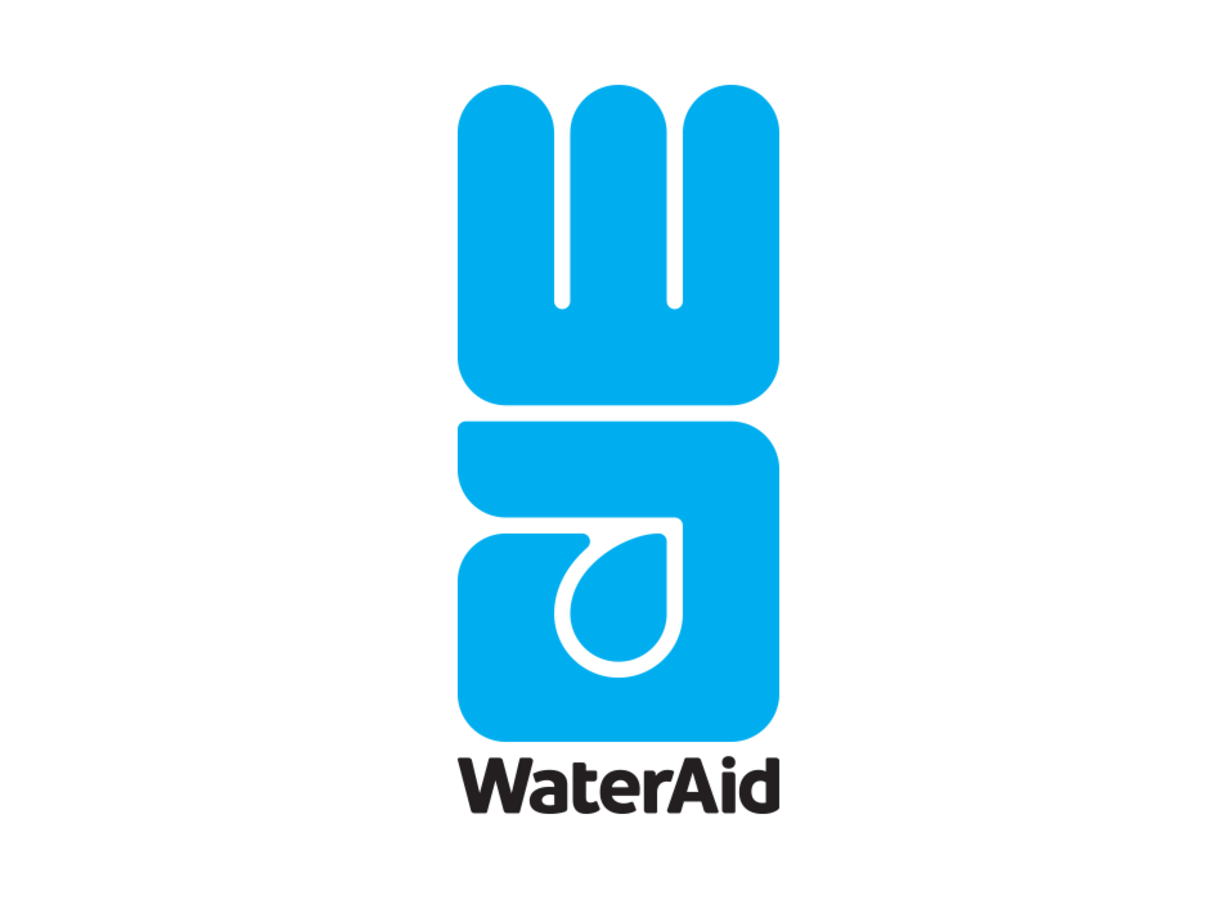Introducing Threshold’s Sustainability Framework
It seemed like 2020 would be a year where the news media was dominated by climate change.
Concerns about climate change were at a record high and it was viewed by many as the most important issue facing the world¹. Greta Thunberg, Extinction Rebellion, freak weather, and forest fires had all helped to focus the planet’s gaze. In December, we were due to see the COP26 Glasgow Summit take place, the first formal review of the targets set in Paris five years earlier. Despite initial positivity, the prediction was that the world was woefully off-track².
When a little-known coronavirus started making the news back in January, few of us imagined the impact it would have on our business, let alone the events industry as a whole.
Sustainability remains important to our team
Threshold is blessed to have a gifted and driven team, motivated by a sense of purpose and inspired by a value of decency, to each other, the wider Threshold family of clients, suppliers and crew – and our planet. It’s not surprising therefore that event sustainability is viewed as an important challenge within the team. For that reason, at the end of 2019, we set up a Threshold ‘Green Team’, to meet monthly, and rapidly further the Threshold sustainability agenda in time for the 2020 season that never was.
Sustainability remains important to the wider public too and is seen as significant an issue in the long term as the pandemic³. The majority of the public supports a green economic recovery, an aspiration further illustrated by the letter delivered to Boris Johnson in May this year, signed by more than 200 UK businesses⁴.
In the past, we’ve been cautious to share what we do, for fear of being caught out
We had made progress in this area previously. In 2018 for example we ceased to provide the most common single-use plastics on The Threshold Trail Series, Dulux London Revolution, and the Deloitte Ride Across Britain. Waving goodbye to disposable cups, tableware and cutlery has negated the need for an estimated 250,000 single-use items in two years. Furthermore, it has reduced our costs and participants have responded to the changes brilliantly.
However, we’ve been cautious to share these initiatives for fear of being caught out on the science or, drawing attention to the areas that still need work. It appears that many businesses feel like we did and opt instead to go ‘green on the quiet’. Incredibly, some firms go ‘silently sustainable’ for fear of being perceived as expensive, even if their costs remain unchanged⁵
We created a framework to guide our decision making, detail what we do and set targets for the future
We decided to build a ‘framework’ rather than a policy to guide our decision making. It details what we currently do but it also acknowledges that there remains work to be done, by listing the areas that we’re exploring for the future.
It’s a living document, meaning it can evolve as we do. We hope over time it’ll get S.M.A.R.Ter, with more metrics and measurables, allowing us to track and share our progress and set challenging goals for the future.
Our Framework at a glance:
We have four pillars. We want to reduce and offset the direct impact of our events, but we also want to promote and encourage sustainable behaviour in others and share our learnings within our parent company Infront Sports, our industry and others looking to make a difference. There’s much we can do in this regard, a view shared by the UN Sports for Climate Action Initiative⁶ of which we may soon become signatories. Part of our renewed commitment is to publicly share our aspirations, progress, and learnings.
Sustainability Enables our Purpose
Comparisons have been drawn between the current viral pandemic and the climate emergency. Scientists have warned us about both for years and both have a tremendous (and sometimes conflicting) influence on the way we as event organisers can responsibly deliver events. For one thing, encouraging participants to car share in 2020 may no longer be the responsible thing to do.
At the very least COVID-19 has given us the opportunity to reflect on a future where our events can have as positive an impact on the natural world as they do on the teams and individuals that participate in them. As a business, fulfilling our purpose is only possible in the long term if sustainability is embedded in all that we do and that’s why we plan to make our new normal, a greener one.
You can view the full framework here
To find out more about our framework or to discuss the greener options available to you in the world of events, don’t hesitate to drop me a line or visit our website for more info.
Tariq El Kashef, COO
tariq.elkashef@thresholdsports.co.uk
References
[1] Matthew Taylor, “Climate crisis seen as ‘most important issue’ by public, poll shows”, The Guardian, 18.09.19
[2] “Global action is ‘way off track’ on climate targets says UN head”, ITV News, 10.03.20
[3] Jessica Long, Lizzie Gordan, Ruth Townsend “Now What? Climate Change & Coronavirus”, IPSOS, June 2020
[4] Roger Harriban, “Make Covid-19 recovery green, say business leaders”, BBC News, 01.06.30
[5] Cassandra Coburn “Why industry is going green on the quiet”, The Guardian, 08.09.19
[6] Sports for Climate Action Framework

